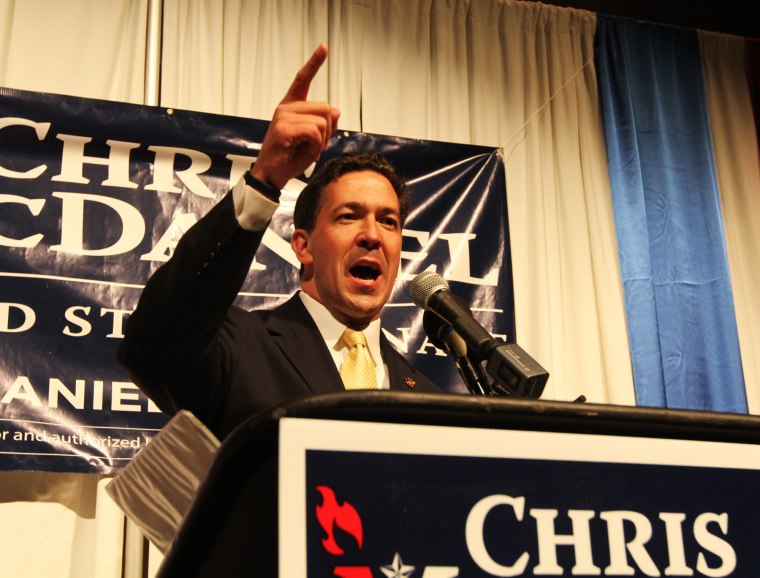[Haley Barbour] and his allies did all they could for [incumbent Sen. Thad Cochran], but there was that nagging contradiction at the heart of their argument: Cochran said he was as stoutly conservative and penny-pinching as [Chris McDaniel], but also the agent for many good things that come this state's way courtesy of the despised national capital. Mississippi taxpayers get $3.07 back for every $1 they send to Washington, according to Wallet Hub, a personal finance Web site. The Tax Foundation ranks Mississippi No. 1 among the states in federal aid as a percentage of state revenue. Strange numbers, you'd think, for a Beltway-hating state, but Marty Wiseman, the former director of the Stennis Institute at Mississippi State University, explained the apparent inconsistency. "Our anti-Washington politics has been to make sure that we got as much of it here as we could," he said. "You've got the tea party excited that they've corralled a big spender, but he was bringing it back to Mississippi. That's the paradox of all paradoxes."
"Some cuts to spending have to take place, and Mississippi is a good place to lead that charge because we are still the most conservative state in the Republic," McDaniel told Breitbart News. Notice that he did not say that Mississippi was a good place to lead the charge because federal spending accounts for 46 percent of all the state's revenue: defense contracts, Social Security, farm aid, highway building, you name it. Perhaps he was just being polite. But wouldn't you think that he'd at least mention where his future constituents' share of the cuts would come from? [...] One thing the Mississippi Republican establishment and the Tea Party seem to agree on is that you're not supposed to remind people that their state is way more dependent on Washington than the average food stamp recipient.
